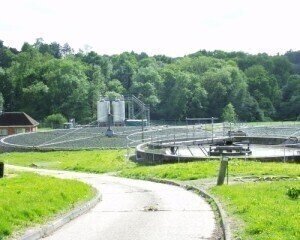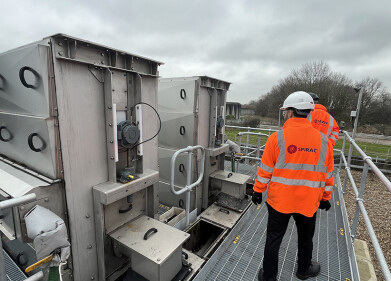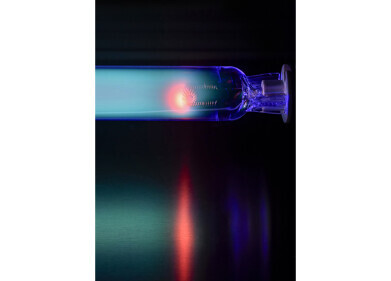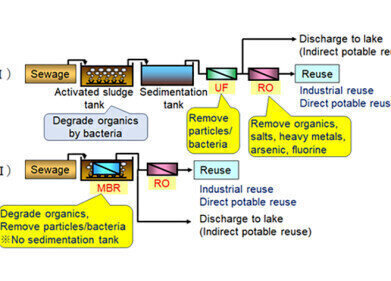Water/Wastewater
New process can reduce wastewater sludge by factor of ten
May 04 2012
A new process has been developed that can reduce wastewater sludge by a factor of ten, according to the Water Research Institute (WRI) of the Italian National Research Council, which developed the process.
The researchers believe biological treatment plus ozone can reduce the amount of sludge coming from wastewater treatment plants by a factor of ten. Biological processes are already established as one of the cheapest ways to treat industrial wastewater, but problems are caused by pollutions from industries such as leather, textiles and pharmaceuticals are not easily broken down by microbes.
However, the WRI scientists believe they have developed the technology that can deal with such waste, using a process known as SBBGR (Sequencing Batch Biofilter Granular Reactor). This is where the microbial biomass breaks down wastes and grows mainly as granules.
The institute released a stamen to youis.com explaining how the system works. The granules are trapped in pores between plastic support material in a reactor and the microbes are stressed so less sludge is produced. This is because the microbes are not given suitable conditions to proliferate, so fewer microbes and less waste results.
According to Antonio Lopez, project co-ordinator at WRI, for every kilo of wastewater processed with the new technology only 50g of sludge is produced, which is significantly less than the average half a kilo which is produced through biological systems.
Additionally, integrating ozone with the reactor allows effluents from leather and textile processing to be treated. The ozone also transforms the pollutants into more biodegradable compounds, reducing treatment costs.
Sludge output in Europe is said to be on the rise, with 5.5 million tonnes of dry solids coming from plants in 1992, increasing to ten million by 2007. Each tonne of dry solids costs between €350 and €750 to dispose of, which emphasises the importance of these new systems in both reducing the costs of treatment and the cost to the environment.
Posted by Claire Manning
Events
May 13 2024 Munich, Germany
May 23 2024 Beijing, China
May 23 2024 Beijing, China
Jun 10 2024 Algiers, Algeria
Jun 10 2024 Frankfurt, Germany













